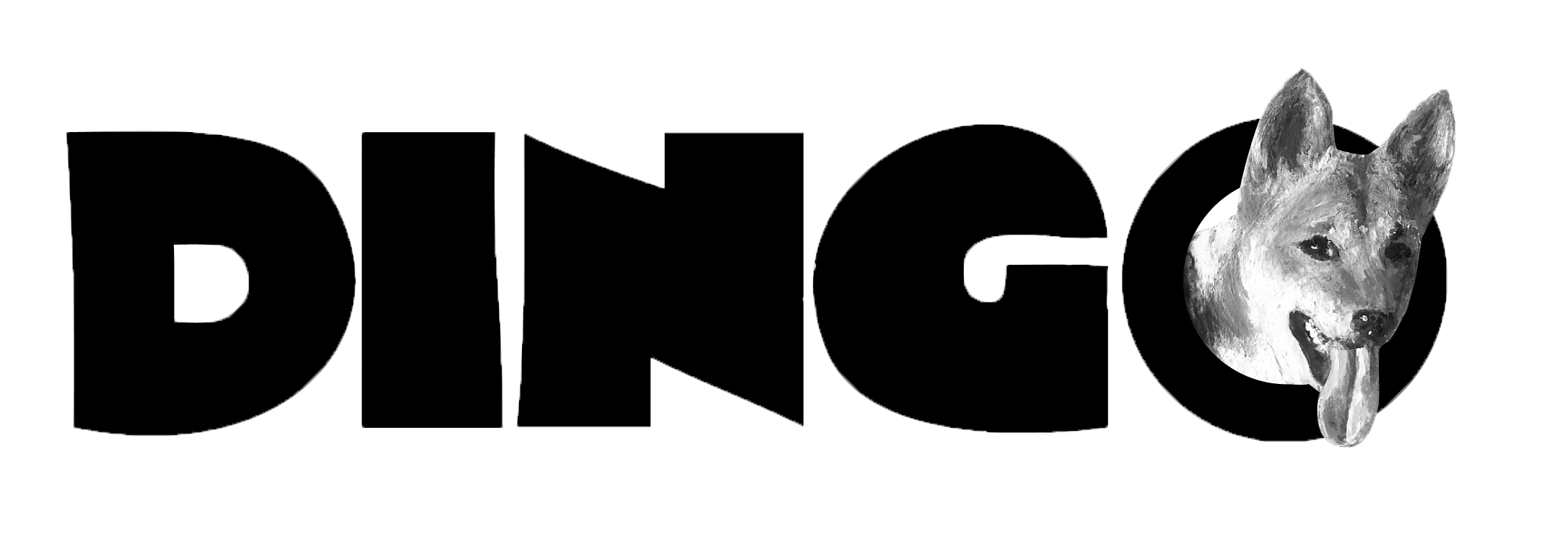













Building Tomorrow's Success
We transform visions into reality through innovative solutions and exceptional service.



We bring ideas to life by crafting innovative solutions and delivering exceptional service. Our commitment to excellence ensures that every vision is transformed into a tangible reality, driven by creativity, technology, and a passion for making a difference.
What We Do
We offer comprehensive digital solutions to help your business thrive in the modern world.
Technology Advisor
Strategic guidance and expert advice through audits, reviews, roadmaps, and scalable solutions that align your business with growth.
Build virtual employee who works 24/7
Never sleeps or complains, always delivers. A virtual colleague that never clocks out.
Solutions built around your business
Custom-fit, not one-size-fits-all. Built for your workflow, not the other way around. Your focus on the business, we build the right tech for you.
Digital Transformation
Modernize your operations by eliminating legacy hurdles and embracing next-gen tech.
Frequently Asked Questions
Everything you need to know about how we build the future of autonomous business operations.
Why Choose Us
We combine technical expertise with business acumen to deliver solutions that drive real results.
We act like your Team
Your tech team without the headcount. All the expertise, none of the expenses.
Quick wins, not long projects
Fast results, not endless timelines. See impact in weeks, not wishful thinking.
Start lean, scale mean
Growth that fits your wallet and your vision. Our growth happens with you.
Contact us
Our friendly team would love to hear from you.
Get in Touch
Have a project in mind? Let's discuss how we can help you achieve your goals.
contact@kaprin.co
Location
Bengaluru, India

